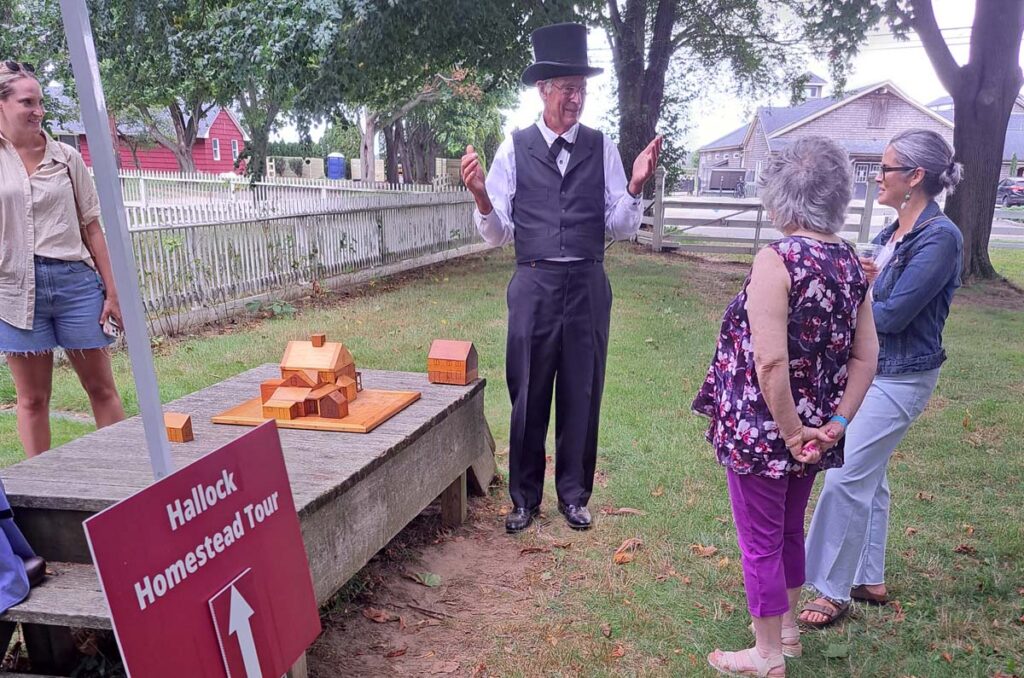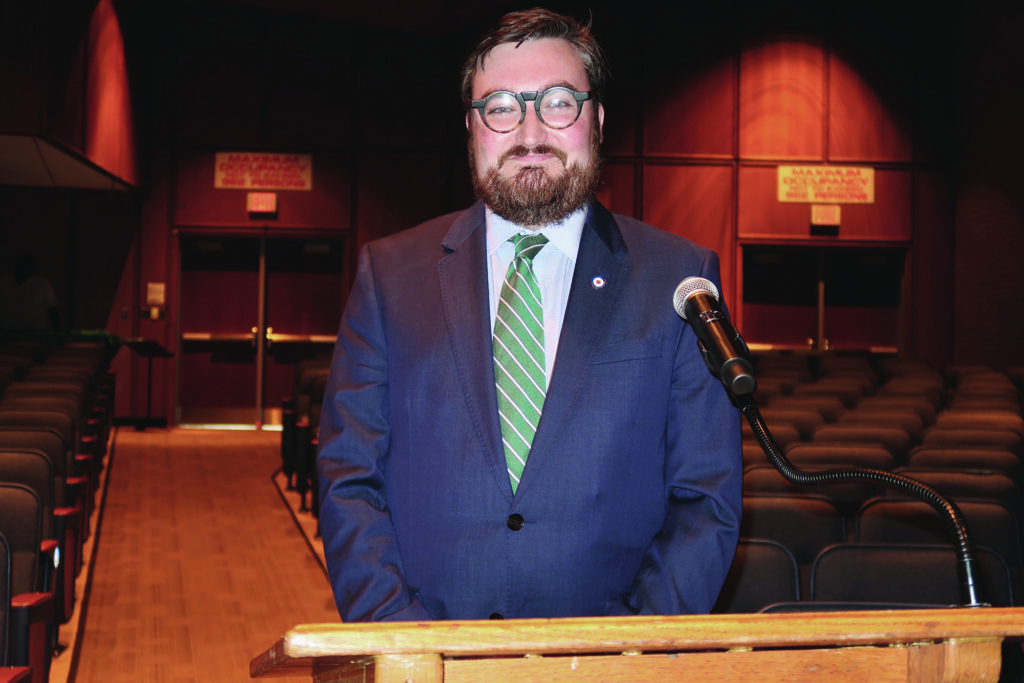Year in Business: Unprecedented challenge to ‘pivot’ amid pandemic

Shuttered stores. Stalled revitalization. Business as we’ve never known it.
The COVID-19 pandemic brought unprecedented challenges to local businesses that are still reeling towards recovery after the pandemic-related economic shutdown.
“Pivot” became an apt buzzword that captured the sense of ingenuity many business owners demonstrated throughout 2020.
Small retail shops quickly adapted to offer online shopping and curbside pickup. When restaurants were forced to close their dining rooms in March, takeout and delivery became a lifeline for keeping their doors open and a way for the community to support downtown business before the state’s phased reopening plan allowed in-person dining to resume.
Business owners got creative. In Riverhead, Jerry and the Mermaid expanded their menu to include a weekly produce box, which included an unexpected commodity: toilet paper. At Barrow Food House in Aquebogue, a makeshift drive-through window opened in an effort to keep customers safe. The owners of Twin Stills Moonshine used their distilling facility to produce hand sanitizer, which was given out at no cost to the community in March. And new businesses, like North Fork Roadhouse in Mattituck, opened for the first time as a takeout business in May.
Gyms and other “high-risk” venues faced more challenging setbacks as they awaited Phase IV of reopening to begin in July. Some entertainment businesses, like the Suffolk Theater and Splish Splash, were not able to reopen at all.
In July, many gym owners joined a $500 million class-action lawsuit, claiming hundreds of millions of dollars in lost revenue as a result of the shutdown.
“It has affected everything. I’m using my personal funds to just try to stay afloat and I don’t really know how much longer I’m going to be able to do that. It’s so frustrating and upsetting,” Terri Davis, who owns Crossfit Impervious in Riverhead, told the News-Review in July.
Economic experts painted a bleak picture of the impacts the pandemic has and will continue to have on local business.
In a recent interview, Riverhead Chamber of Commerce president Robert Kern said he didn’t think business-related shutdowns were equitable, with many small businesses suffering disproportionately as a result.
“Small businesses have no voice in Albany,” he said. “I think we’re now at the beginning of a financial pandemic that is going to become as serious as this health pandemic.”
Mr. Kern said that while some businesses are doing well, the chamber is focusing on helping sectors that have really struggled. He’s encouraging business owners to take advantage of the New York Forward loan program. “If people can stretch out to the end of March into April, I think there’s some light in the tunnel.”
A report released in July showed 270,000 jobs were lost on Long Island at the height of the first wave in March and April, with predictions that 375,000 jobs would be lost by the year’s end. The hospitality industry was the hardest hit, with an estimated 52,000 jobs lost. Approximately 37,000 construction jobs were also disrupted by the pandemic.
Small Business Administration records show that on the North Fork, just over 1,500 small businesses received more than $116 million in Paycheck Protection Program loans.
Outdoor dining, which health officials said reduces the chance for exposure to the virus, became a key focal point in many downtown areas. The Riverhead Business Improvement Management Association adapted its popular “Alive on 25” street fair into “Dine on 25,” which shut down Main Street several times during the summer in an effort to give restaurants more room to seat patrons outdoors.
Greenport Village swapped parking spots along Front and Main streets in order to construct “parklets” that became semi-permanent structures for outdoor dining and shopping.
In late October, in a push to extend the life of the parklets through the end of the year, Greenport Village Business Improvement District president Rich Vandenburgh said many downtown business owners reported that they would not have survived the season without them. “The parklets were our saviors,” he said.
Tourism, which began earlier than normal and continued into the December Christmas tree season, provided a welcome boon to local businesses. “We’re fortunate that we have a great agricultural community, which draws a lot of people,” Mr. Kern said. “Everybody benefits from that. But in the wintertime, it’s hard enough to survive even when you’ve had good business the rest of the year.”
Despite the challenges, he also feels a sense of optimism for the future. “People have had to change with the times. We’re in a different world and there’s still a lot of opportunities out there,” Mr. Kern said.








